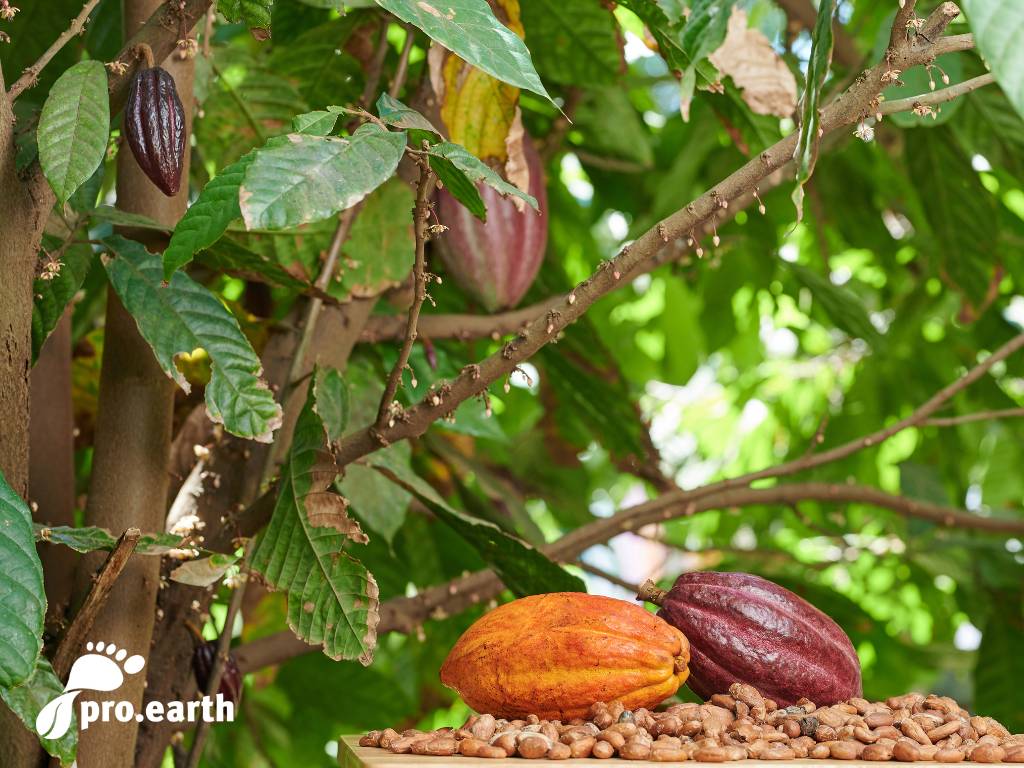EU import ban for more rainforest protection

Whether coffee or cocoa, soy or palm oil. Many products and raw materials that we regularly consume come from deforested rainforest areas. To mark the occasion, the EU Parliament and the EU member states agreed to ban the import of certain raw materials from deforested areas after December 2020. This ban also applies to derived products such as beef, rubber and wood as well as leather, furniture, printed paper and charcoal.
"The EU is a major consumer and trader of goods that contribute significantly to deforestation - such as beef, cocoa, soy and timber," explained Czech Environment Minister Marian Jurečka, whose country holds the EU presidency until the end of the year. The EU hopes that this regulation will lead to a significant reduction in deforestation. According to the EU Parliament, one tenth of the destruction of rainforests in the last 30 years is due to consumption in the EU.
Environmental organizations such as Greenpeace and WWF welcome the new regulations. "As EU citizens, we have today received a law that redefines the protection of forests," said Susanne Winter, Forest Program Manager at WWF, in an interview with tagesschau.de. However, the regulations should also cover loans from European banks, according to Greenpeace.
The EU Parliament would also have liked to see European banks and insurance companies included in the rules. The aim would be to ensure that companies only receive loans if there is a low risk that they will contribute to deforestation. The EU Commission will examine this aspect in two years' time. So check first, don't regulate.
How is the law monitored?
The control mechanisms for this are a due diligence declaration that companies must submit when importing and exporting. The data is also checked using satellite images and genetic analyses of the goods and raw materials. Companies face penalties of up to four percent of their EU-wide annual turnover. "If the law and the control mechanisms it provides for are implemented well, we are on the right track," said Susanne Winter from WWF.
Our pro.earth. conclusion: We are pleased about this new regulation, but in practice it will only be as good as its control.
https://news.pro.earth/2023/06/30/neue-studie-zu-auswirkungen-des-eu-mercosur-abkommens/






